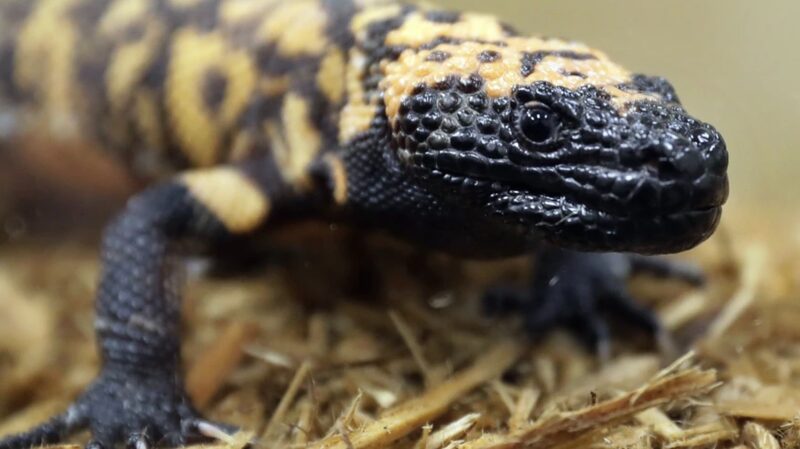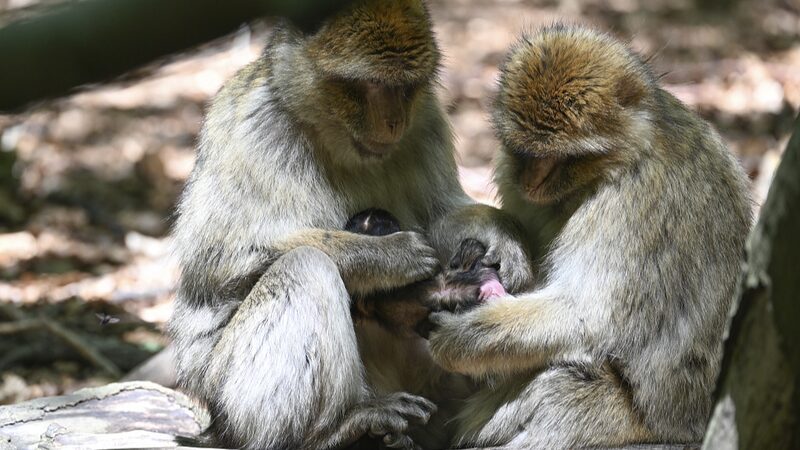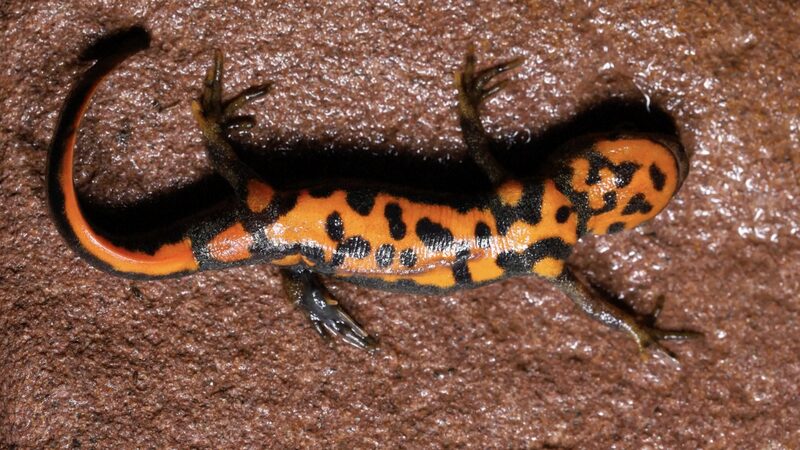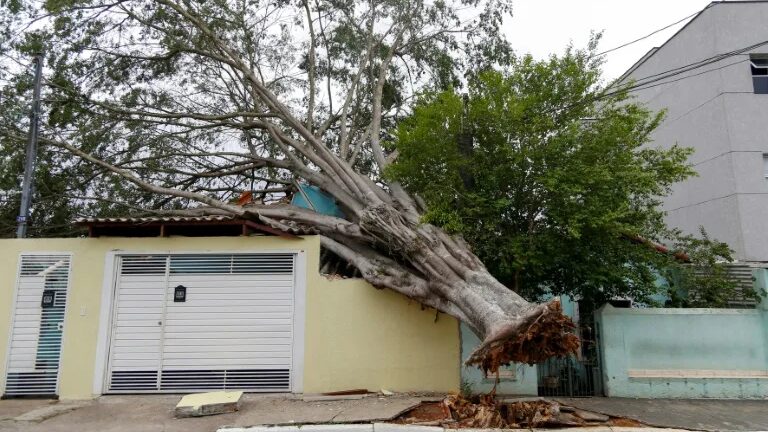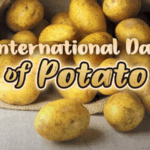A recent incident in Colorado has reignited global discussions about the risks associated with owning exotic pets. Christopher Ward, a 34-year-old resident of Lakewood, Colorado, tragically died after being bitten by his pet Gila monster on February 12.
According to local authorities, Ward was bitten by one of his two pet Gila monsters, named Winston and Potato. His girlfriend reported hearing unusual sounds and discovered Winston latched onto Ward’s hand. Shortly after the bite, Ward exhibited severe symptoms, including vomiting and loss of consciousness. He was rushed to a nearby hospital but was declared brain dead within days.
The Gila monster, native to parts of the southwestern United States and Mexico, is one of the few venomous lizards in the world. While their bites are rarely fatal to humans, they can cause intense pain and other severe reactions. Ward’s death is a rare case that highlights the potential dangers of keeping exotic animals as pets.
This incident has prompted international attention, especially in regions where exotic pet ownership is on the rise. Countries across Asia are experiencing a growing demand for unconventional pets, from reptiles to exotic mammals. This trend raises concerns about public safety, animal welfare, and the ecological impact of removing wildlife from their natural habitats.
Experts urge potential pet owners to thoroughly research and understand the responsibilities and risks associated with owning exotic animals. Dr. Mei Lin, a wildlife conservationist based in Singapore, commented, “The fascination with exotic pets can have unintended consequences. Not only can it pose dangers to the owners, but it also impacts biodiversity and conservation efforts.”
Authorities worldwide are calling for stricter regulations and increased public awareness about the implications of exotic pet ownership. Educational campaigns aim to inform communities about the legalities and ethical considerations, emphasizing the importance of respecting wildlife and preserving ecological balance.
As globalization continues to blur geographical boundaries, the ripple effects of such incidents underscore the need for a collective approach to wildlife protection and public safety. Ward’s tragic death serves as a somber reminder of the complexities involved in bringing wild animals into domestic environments.
Reference(s):
cgtn.com
